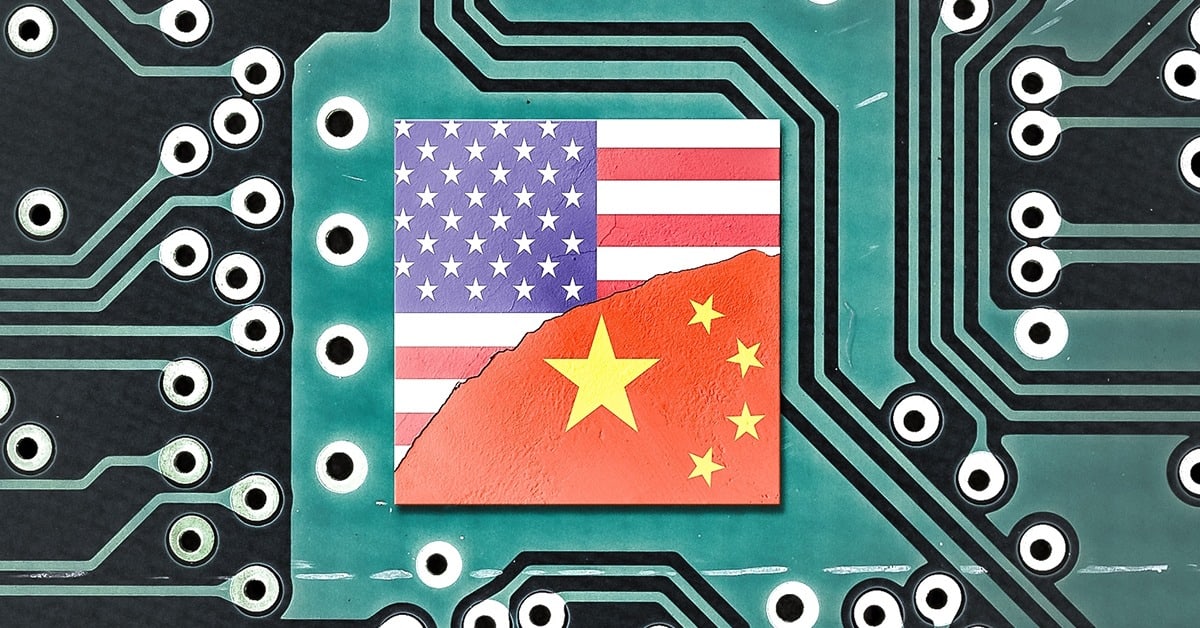Since the Biden administration rolled out a package of sanctions, Beijing’s access to the semiconductor market has been substantially crimped.

China is reportedly launching a new state-backed investment fund to ring-fence its semiconductor sector with around $40 billion in funding amid an increasingly tense standoff with the US and Europe. The move is an attempt by Beijing to check Washington’s financial backing of the crucial chip sector, which it considers vital to national security.
China’s new fund, when launched, will be the largest of three funds set up by the China Integrated Circuit Industry Fund, widely known as the Big Fund. Xi Jinping has long advocated self-reliance in semiconductors given Washington’s onerous export curbs, a move followed by Japan and the Netherlands. The international community’s bid to stifle Beijing’s semiconductor ambitions are predicated on the assumption China will use advances in technology to drive its military capabilities.
Since the Biden administration rolled out a package of sanctions, Beijing’s access to the semiconductor market has been substantially crimped. Washington is shoveling more than $50 billion into the sector and has pledged to deliver thousands of US jobs. But its determination to rein in China’s aspirations are being countered by a dearth of suitably qualified personnel. Analysts say the shortages could impact planned US investment, notably by Taiwanese companies.
Industry groups in the US hit out at US immigration policy and are calling for urgent reforms to allow qualified college graduates to stay in the country.
As a response to Washington’s hawkishness, China has integrated its pursuit of semiconductor technology into its intelligence-gathering operations. Meanwhile, China’s two largest chipmakers, Semiconductor Manufacturing International Corporation and Hua Hong Semiconductor, together with a handful of other mission critical firms have received money from the Big Fund.
The new fund is backed by China Development Bank Capital and others, but the fund managers have yet to be appointed amid corruption allegations against SINO IC Capital, the sole manager of the Big Fund’s first two funds.
Europe is also in the semiconductor race and recently passed the European Chips Act, which aims to double semiconductor fabrication capacity by 2030. Germany is attempting to carve out a leadership role and has committed to fund new or expand existing facilities, as concerns about further supply-chain disruptions worry policymakers. The Saxony region of Germany accounts for one in three of all semiconductors produced in Europe.



